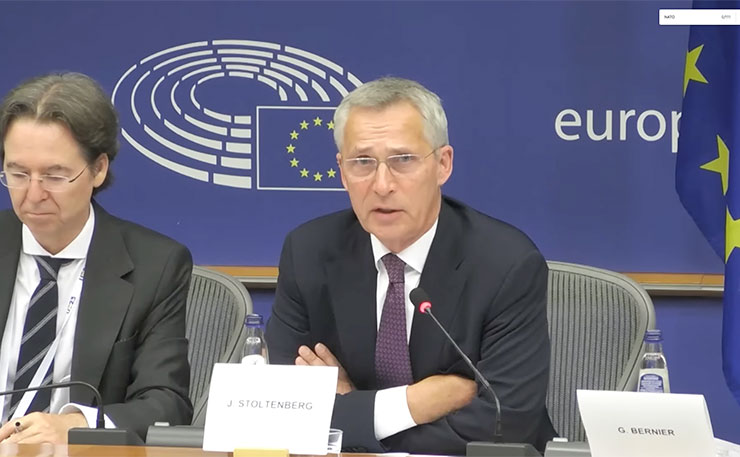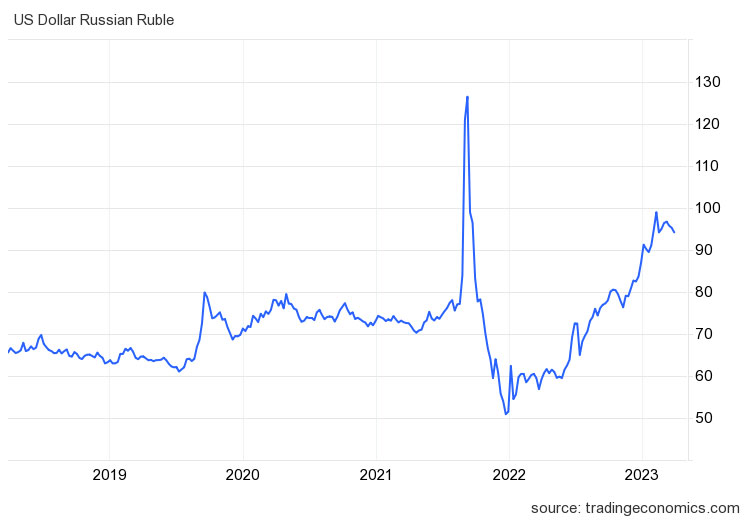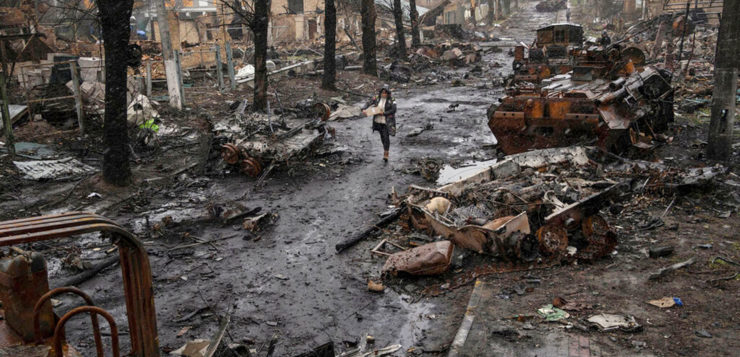The head of the North Atlantic Treaty Organisation has admitted that in the months before the invasion of Ukraine, Vladimir Putin sought a treaty guaranteeing the US-led military force would not expand further towards Russian borders, and that it would remove NATO weapons and troops already stationed in countries on Russia’s doorstep.
The startling admissions are contained in a speech delivered to European Parliament earlier this month by NATO Secretary-General Jens Stoltenberg. His statements contradict the dominant narrative of Western countries and media that the invasion of Ukraine by Russia was unprovoked, and unrelated to NATO’s continued expansion westward.
Stoltenberg’s surprisingly frank admissions to the EU’s Committee on Foreign Affairs on September 7 put that fiction to rest.
“… it is historic that now Finland is member of [NATO]. And we have to remember the background…. President Putin declared in the autumn of 2021, and actually sent a draft treaty that they wanted NATO to sign, to promise no more NATO enlargement. That was what he sent us. And was a pre-condition for not invading Ukraine. Of course we didn’t sign that,” Stoltenberg said.
“The opposite happened. He wanted us to sign that promise, never to enlarge NATO. He wanted us to remove our military infrastructure in all Allies that have joined NATO since 1997, meaning half of NATO, all the Central and Eastern Europe, we should remove NATO from that part of our Alliance, introducing some kind of B, or second-class membership. We rejected that.

“So he went to war to prevent NATO, more NATO, close to his borders. He has got the exact opposite. He has got more NATO presence in eastern part of the Alliance and he has also seen that Finland has already joined the Alliance and Sweden will soon be a full member.
“This is this is good for the Nordic countries. It’s good for Finland and Sweden. And it’s also good for NATO. And it demonstrates that when President Putin invaded a European country to prevent more NATO, he’s getting the exact opposite.”
Stoltenberg’s comments are in wild conflict with statements from US president Joe Biden in February 2022, hours after the war in Ukraine began. Biden described the invasion as “without provocation” and claimed Russia “rejected every good-faith effort the United States and our Allies and partners made to address our mutual security concerns through dialogue to avoid needless conflict and avert human suffering”.
Australia has also long-claimed that the war in Ukraine was simply an act of Russian aggression. At the time, Prime Minister Scott Morrison said Russia had launched a “brutal invasion, unprovoked, on Ukraine”. Labor continued the line when it won office, and in a joint statement in June this year, Prime Minister Anthony Albanese, Deputy PM Richard Marles, and Foreign Minister Penny Wong described Russia’s assault as an “illegal, immoral and unprovoked invasion”.
Wong added, “Russia cannot be allowed to infringe upon another country’s sovereignty and territorial integrity.”

The Russian ruble today is trading almost 20 per cent higher against the US dollar than it was prior to the invasion of Ukraine. This is despite US-led sanctions, embraced by Australia, which Biden promised would reduce the “ruble to rubble”.
“Putin is the aggressor. Putin chose this war. And now he and his country will bear the consequences. Today, I’m authorizing additional strong sanctions and new limitations on what can be exported to Russia,” he said.
“This is going to impose severe costs on the Russian economy, both immediately and over time. We have purposefully designed these sanctions to maximize the long-term impact on Russia and to minimize the impact on the United States and our Allies.
“And I want to be clear: The United States is not doing this alone. For months, we’ve been building a coalition of partners representing well more than half of the global economy. Twenty-seven members of the European Union, including France, Germany, Italy — as well as the United Kingdom, Canada, Japan, Australia, New Zealand, and many others — to amplify the joint impact of our response.”
The ruble tumbled to 50 cents against the US dollar in the days and weeks after the sanctions, but bounced back one month later, and passed its pre-war value by March 2023.
Donate To New Matilda
New Matilda is a small, independent media outlet. We survive through reader contributions, and never losing a lawsuit. If you got something from this article, giving something back helps us to continue speaking truth to power. Every little bit counts.




